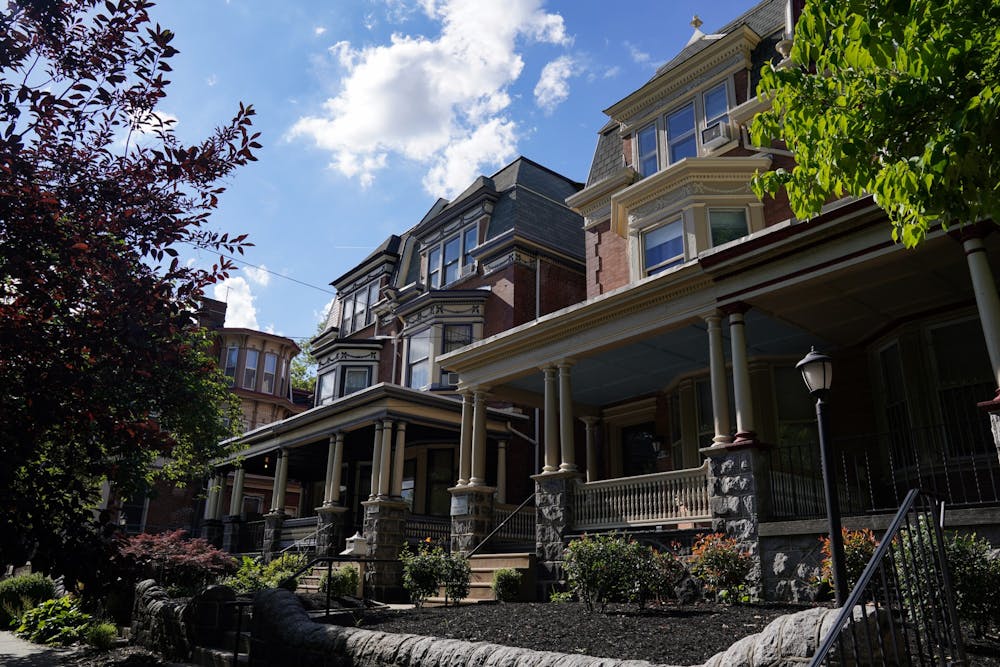On Thursday, Philadelphia's City Council unanimously passed all five bills in the Emergency Housing Protection Act, securing protections for struggling renters in Philadelphia amid the national economic crisis caused by the pandemic.
The Emergency Housing Protection Act is a package of bills intended to provide relief to renters affected by the COVID-19 pandemic. The relief bills were introduced by Council members Kendra Brooks, Jamie Gauthier, and 1993 College graduate Helen Gym.
The approved bills will extend the eviction moratorium through August 31 for residential renters and small businesses, allow renters with COVID-19-related financial hardships to pay rent through a repayment plan, and require discussion between landlords and renters before eviction, City Council reported.
The bills will also waive late fees on rent payments due during the pandemic for those experiencing financial struggles related to COVID-19, and will allow renters who are illegally locked out of their homes to recover damages.
“With the Emergency Housing Protections Act, we have an enormous opportunity to protect our city’s renters, and ensure they can remain safe and healthy at home,” Gauthier said during the City Council meeting.
“Housing is a human right, and today we are taking bold action to ensure this right is upheld for every Philadelphian,” Gauthier said.
During the City Council meeting, several local renters provided testimony in support of the bills, emphasizing the importance of protecting residents during the pandemic. Several landlords spoke out against the bills at the meeting, however, claiming they would cause financial hardships for property owners.
Nearly 650,000 residents have filed unemployment claims as of March, when the COVID-19 pandemic hit the Philadelphia region. Statistics prove that job losses are concentrated in industries with low wages, which are more likely to employ Black and brown workers.
RELATED:
After Phila. settles COVID-19 jail conditions lawsuit, students, prof. urge aid from Penn
Penn Leads the Vote and University create plan for 100% campus voter registration by 2028
Philadelphia renters have faced issues with eviction prior to enduring the economic effects of the pandemic.
One in 4 Philadelphia residents face evictions each year, and Philadelphia ranks fourth nationally in the number of eviction filings. Evictions also predominantly impact Black communities — women of color account for 70% of evictions in Philadelphia, and Black renters are more likely to be evicted than other demographic population.
“In this moment, each of us knows that stable housing is as much a means of racial and economic justice as it is a means of economic recovery,” Gym said. “This is our time to think big, to restructure processes and institutions that have long created barriers to opportunity, whether intentional or not, for Black, brown, and immigrant communities.”









